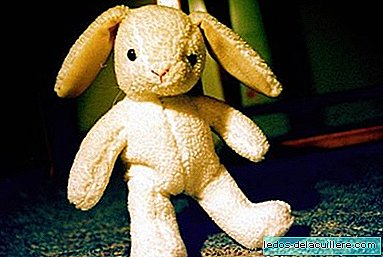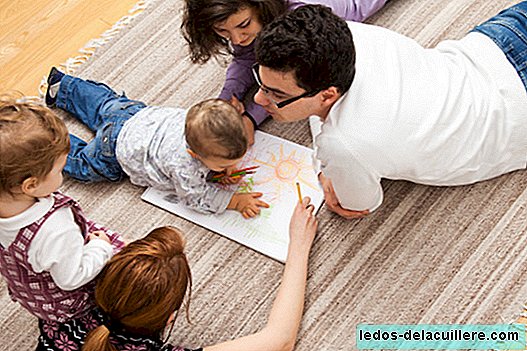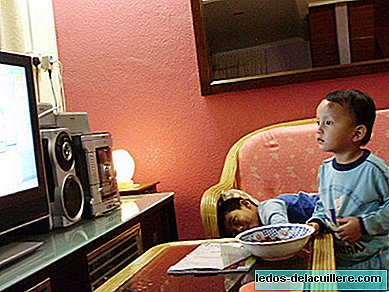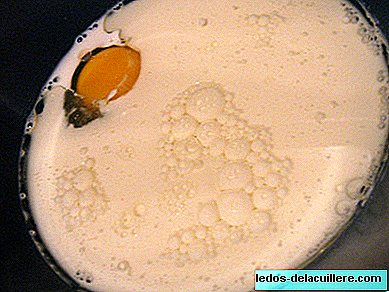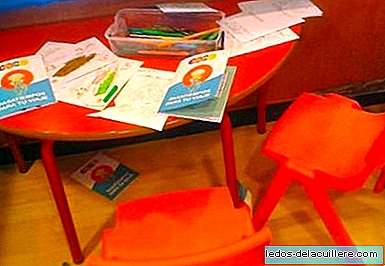
We all know about children's interest in the world, they look around everything since they are born. As they develop, they not only look, touch, test, experiment and ask. Children are "researchers" by nature. They have a curiosity of the great scientists.
Parents can awaken in our children the interest in science. If we are interested in looking at the moon, see how the trees bloom, look at the stars, surely the little ones in the house will also be interested and start asking questions. We can help you learn through your natural desire to explore.
Approximately at the age of 4, the whys appear, the child will ask for everything and one of the things they most like to know is about physical phenomena: Why does it rain? Why does bread burn? Why do we get hair? ... A good time for scientific experiments. At home we can do simple experiments. Its purpose is to stimulate curiosity and the ability to observe more than the elaboration of conclusions or hypotheses. The thought of a child from 3 to 5 years is "preoperative"; that is to say, it is centered in a single striking feature of the situation and has difficulty in de-centering from that fixation and taking into account other features.
Well, after this introduction if your curiosity has also been aroused, I propose two experiments to do with the house dwarves:
The volcano. Line a glass cup with paper and give it the shape of a volcano. Paint with tempera or markers. Fill the glass with vinegar and add baking soda. What a surprise! There will be a chemical reaction and the volcano will begin to erupt.
You can also put vinegar in a bottle, add baking soda and quickly place a balloon. You will see how the balloon inflates as if by magic. Baking soda will react with vinegar (which is an acidic substance) and release carbon dioxide.
Germinators A glass cup is wrapped inside newspaper. Sand is placed and beans are placed in the space between the glass and the paper (beans, lentils, beans, etc.). In a few days we will see how the seeds will begin to take root and soon we will have a small plant. It will be quite an event to see her grow. Then you have to take care of her so she gets older.
If you dare to make them tell us the surprise face of your children. In next installments I will propose more experiments to enjoy as a family.


